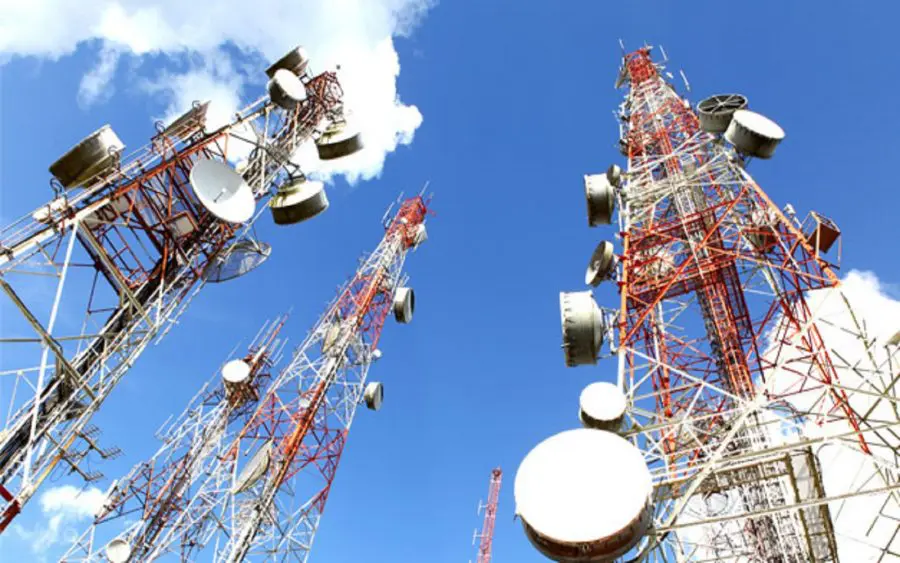
Nigeria’s digital landscape is expanding at a rapid pace. The latest Telecom Data report from the National Bureau of Statistics (NBS) reveals a significant uptick in the nation’s active internet subscribers, marking a 4.33% increase in the first quarter of 2024.
This surge has seen the number of online users rise to 164,368,292, up from 157,551,104 in the same period last year.
As Nigeria embraces the digital age, the data underscores a nation increasingly reliant on internet connectivity for both personal and professional activities.
However, while the internet user base flourished, the total number of active voice subscribers witnessed a decline. In Q1 2024, active voice subscribers stood at 219,304,281, a noticeable drop from the 226,161,713 reported in Q1 2023, reflecting a 2.41% decrease quarter-on-quarter.
Lagos, Nigeria’s bustling commercial hub, continues to lead in connectivity metrics. The state boasts the highest number of active voice subscribers, totaling 25,956,074 in Q1 2024. It is followed by Ogun with 12,672,990, and Kano with 11,931,128 subscribers.
On the flip side, Bayelsa recorded the fewest active voice subscribers at 1,608,473, trailed by Ebonyi and Ekiti with 1,885,657 and 1,969,568 respectively.
In terms of internet usage, Lagos again emerged as the frontrunner, recording 18,841,943 active internet subscribers in the first quarter of 2024. Ogun follows with 9,528,795 users, and Kano with 9,067,983.
Conversely, Bayelsa recorded the least number of active internet subscribers at 1,201,601, with Ebonyi and Ekiti reporting 1,401,626 and 1,545,729 respectively.
The increasing internet subscriber base reflects a broader trend towards digital transformation in Nigeria. This growth is indicative of the country’s strides in improving internet accessibility and affordability, fostering a more connected and digitally inclusive society.
This report, generated by the Nigerian Communications Commission (NCC), provides crucial insights into the telecom sector’s dynamics. It highlights both the opportunities and challenges in the sector, emphasizing the need for continued investment in infrastructure to sustain and accelerate growth.
As Nigeria continues its digital evolution, these figures not only highlight the progress made but also point towards a future where connectivity plays a pivotal role in the nation’s socio-economic development.



